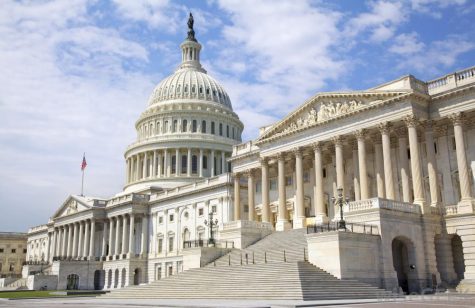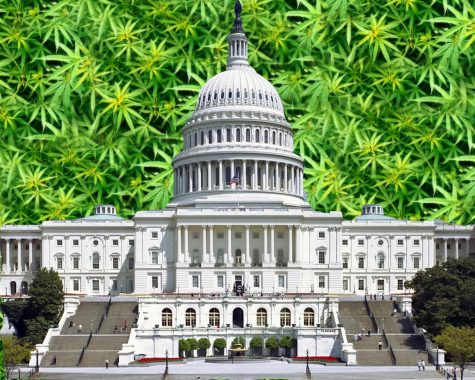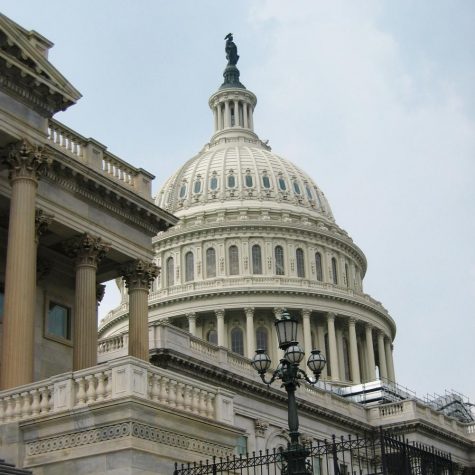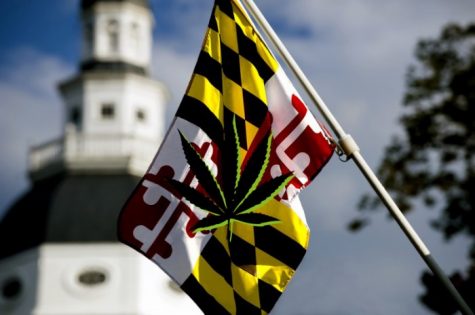Idaho high court rescinds law that may have roadblocked cannabis measures
A new law that could have prevented independent cannabis campaigns in Idaho from getting their own ballot measures voted on next year has been rescinded.
In addition to the overturning of the law, the Idaho Supreme Court also rejected a medical cannabis legalization question.
Based on reports from the Associated Press, the state’s high court dismissed the law on the grounds that it diminished the rights of Idaho voters.
The law, which was inked by the governor back in April, stipulated that any proposed ballot measure initiative must collect at least six percent of signatures in order to qualify for a vote on the ballot from each of Idaho’s 35 legislative districts.
What was Idaho’s cannabis law like before it was overturned?
Before Idaho’s cannabis law was amended, lobbyists only needed to gather signatures from 18 districts.
Those who bit back against the law claimed that the Republican authors who drafted it were trying to make it more difficult for cannabis-related campaigns to be placed on the ballot.
Each district had “veto power” before Ohio cannabis law was retracted. The state Supreme Court’s ruling determined that the new law provided each district with “veto power” over suggested laws.
However, the Supreme Court ruling confirms the effectuation of the previous law for all types of statewide ballot campaigns.
About Idaho’s cannabis laws
Currently, cannabis is still illegal in Idaho. The non-psychotropic compound CBD (cannabidiol) is the only exception under the State of Idaho, so long as such products don’t contain the psychoactive compound THC (tetrahydrocannabinol).
Anyone who is caught in possession of three ounces, or less than a pound, of cannabis may be charged with a felony punishable by five years behind bars and a $10,000 fine.
Earlier in the year, the Legislature stirred up debate when it shot down a separate anti-MMJ legalization measure. Nonetheless, reform efforts are ongoing.
Idaho governor signed hemp growing/transportation law in April
On Friday, April 20, Idaho Governor Brad Little became the latest state to sign a bill into law that legalized the production and transportation of hemp; the plant should contain no more than the legal federal limit of THC, which is set at 0.3 percent.
In spite of the Republican governor’s signature, the new law fails to provide Idaho consumers with access to hemp products that contain any trace of the mind-altering cannabinoid THC.
Generally, hemp products that don’t contain high levels of THC are considered to be non-intoxicating and therefore are more widely tolerated.
Supporters of the initiative say that Idaho’s unique climate is perfect for hemp cultivation. Because of the pristine environment, farmers could potentially grow plants and profit from hemp seed.
Furthermore, farmers could rake in revenue from selling the hemp-derived extract CBD, which is touted for its anti-inflammatory, anxiolytic and analgesic qualities.







